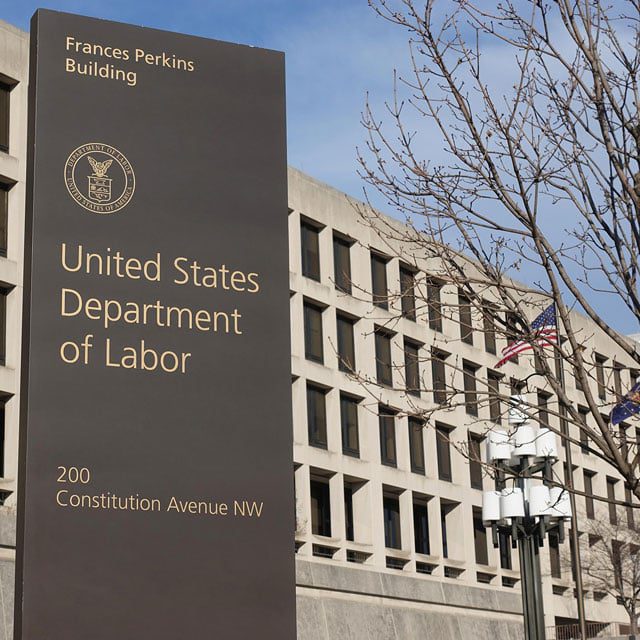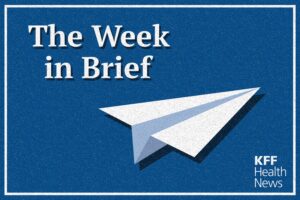New DOL Fiduciary Rule Lands at OMB

Wayne Chopus, president and CEO of the Insured Retirement Institute in Washington, said Saturday in a statement that Labor’s “decision to try again to advance a new fiduciary proposal will hurt working families’ ability to save for retirement.
“Similar to the DOL’s failed 2016 rule, which was vacated by a federal appeals court in 2018, this latest attempt will limit consumers’ choice of financial advice and access to products that can deliver protected lifetime income during retirement,” Chopus explained.
DOL, he added, “is plowing ahead with its latest damaging proposal despite the fact that federal courts have repeatedly rejected their efforts to expand the fiduciary rule in recent years.”
Susan Neely, president and CEO of the American Council of Life Insurers, said in another statement Saturday that Labor ”must not adopt a fiduciary-only regulation like it did in 2016. First, most Americans cannot afford to engage a fiduciary investment adviser, who typically charge high, ongoing fees for their services.”
Second, Neely stated, the Securities and Exchange Commission and the states “are positioned to address conflicts of interest, the Labor Department’s main focus. In less than 3 years, 40 states have safeguarded 70% of U.S. consumers seeking a secure retirement by implementing the best interest enhancements to the National Association of Insurance Commissioners (NAIC) Suitability in Annuity Transactions Model Regulation.”
These bipartisan measures, Neely continued, “also align with the SEC’s Regulation Best Interest (Reg BI) to provide consumers with strong state and federal protections. Combined, these actions have greatly enhanced the standards financial professionals must follow. And, they address the potential conflicts of interest the Labor Department attempted to address in 2016 without limiting access to annuities, the only financial product in the marketplace that can provide guaranteed income for life. ”




